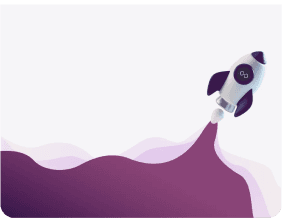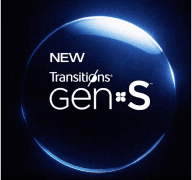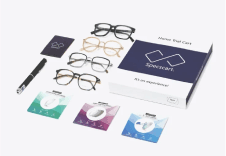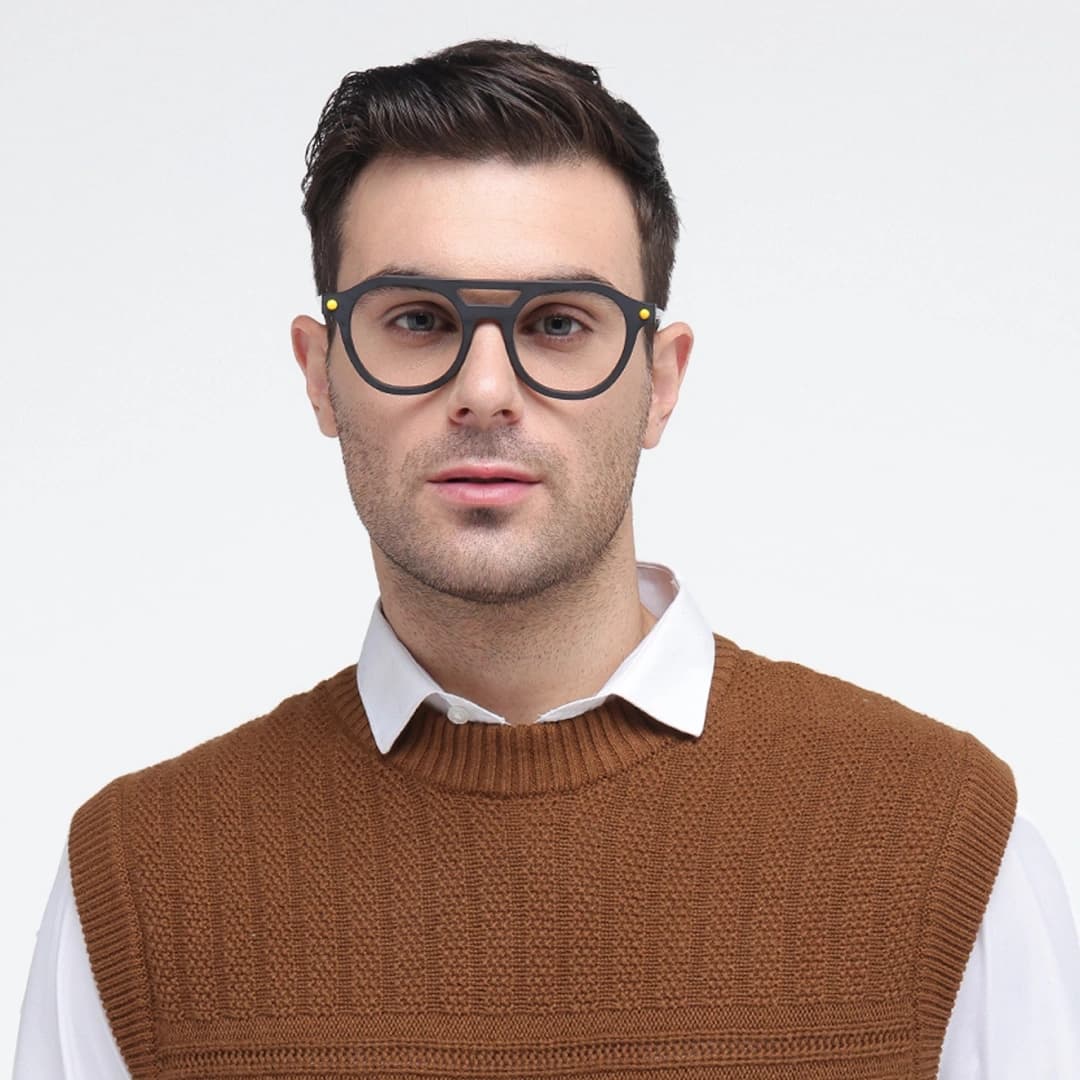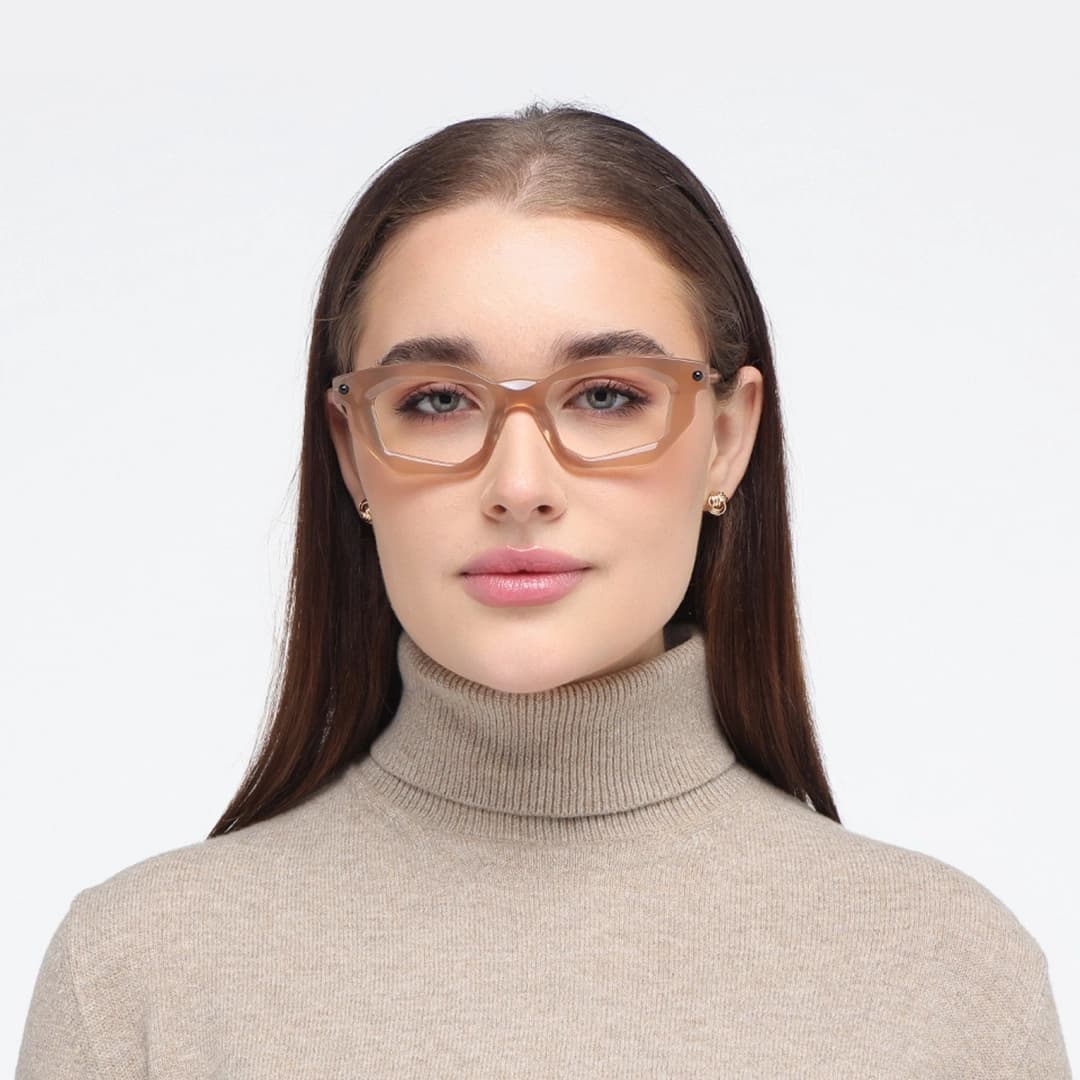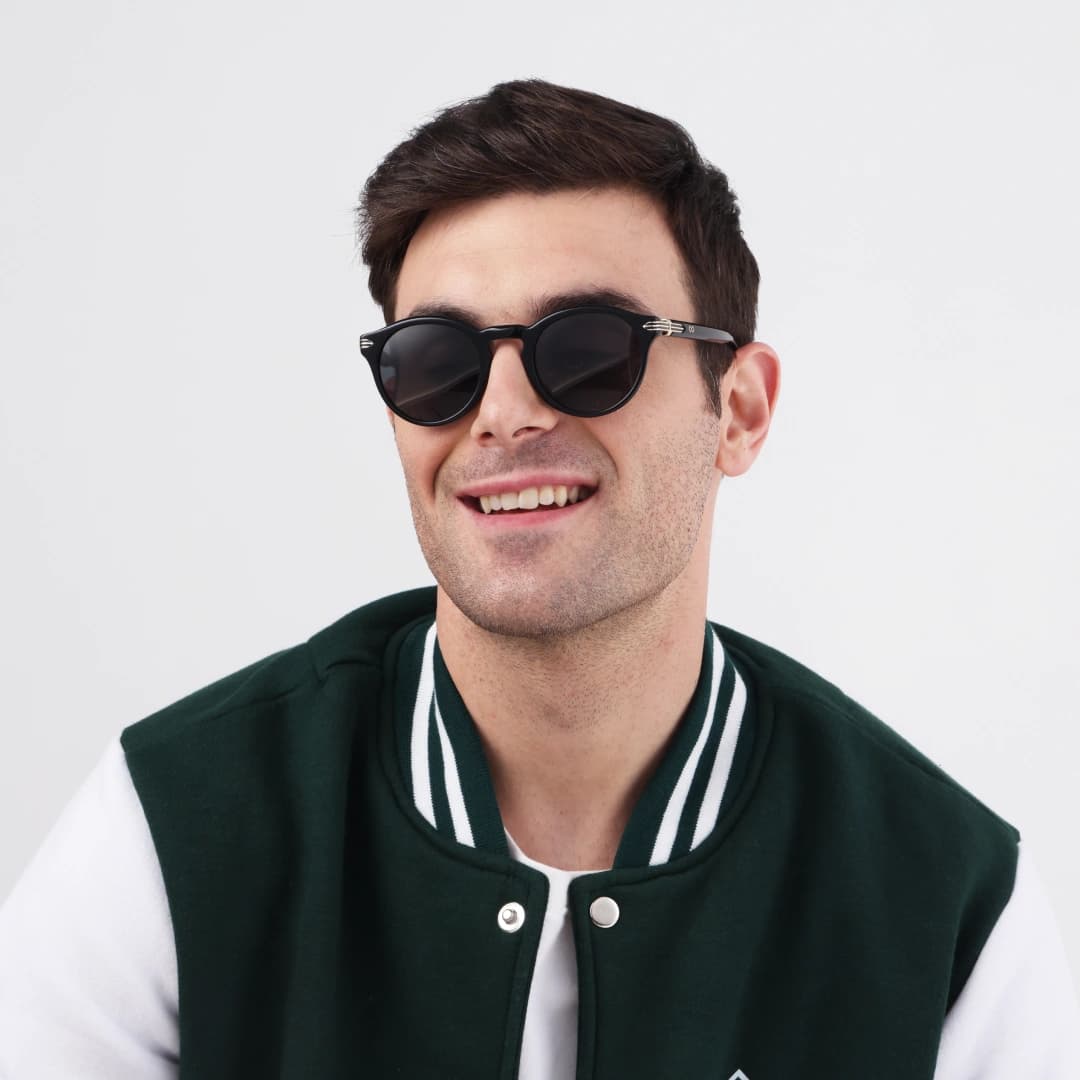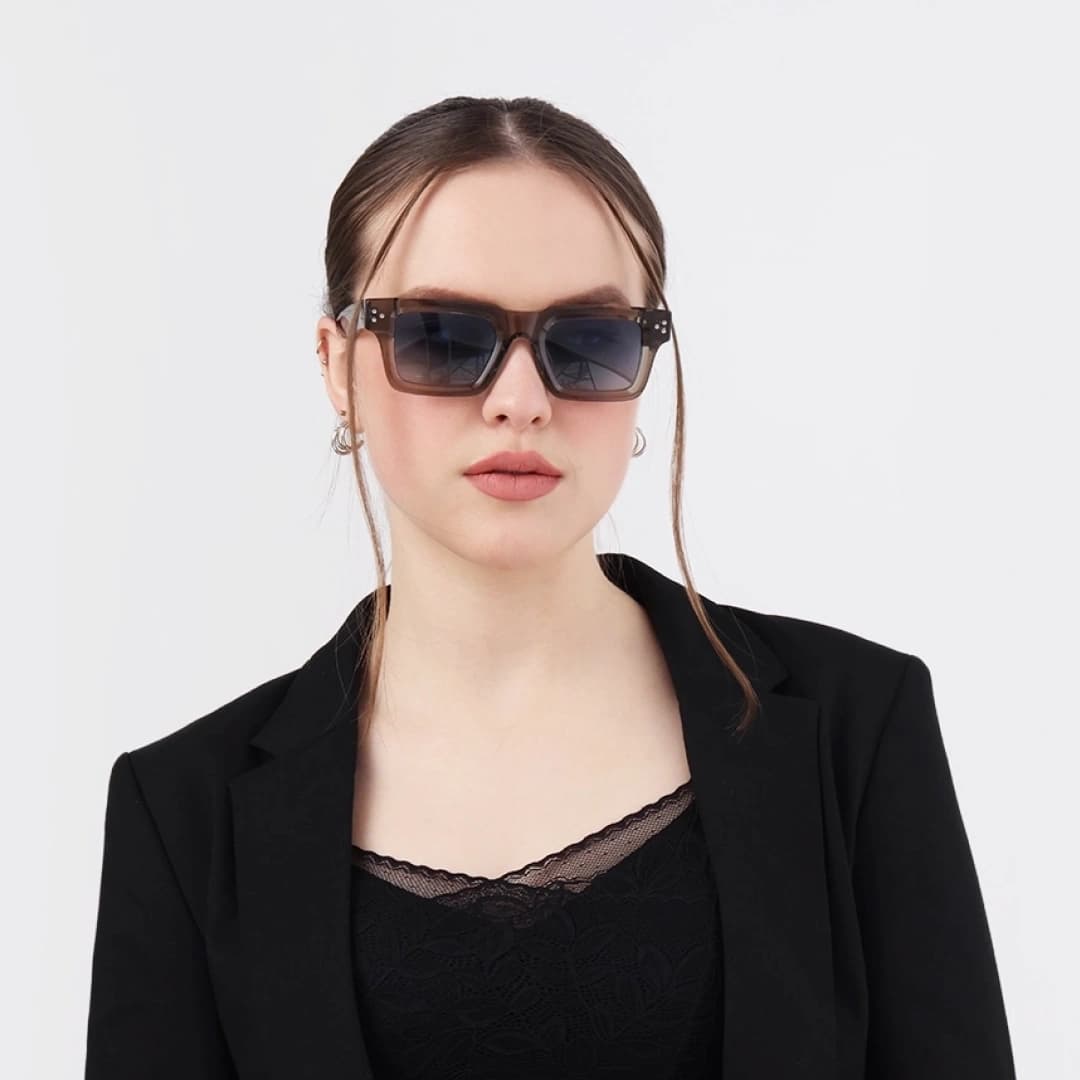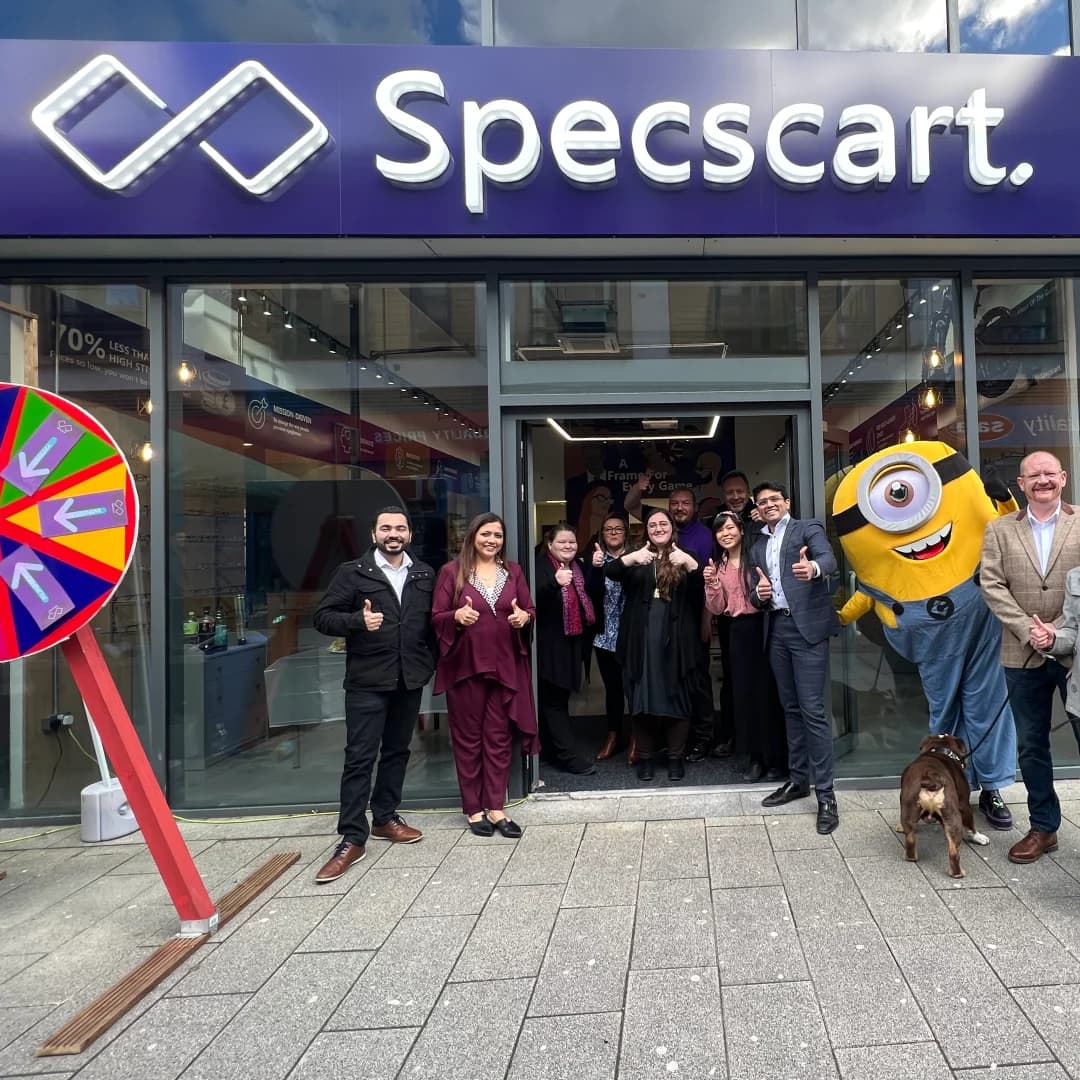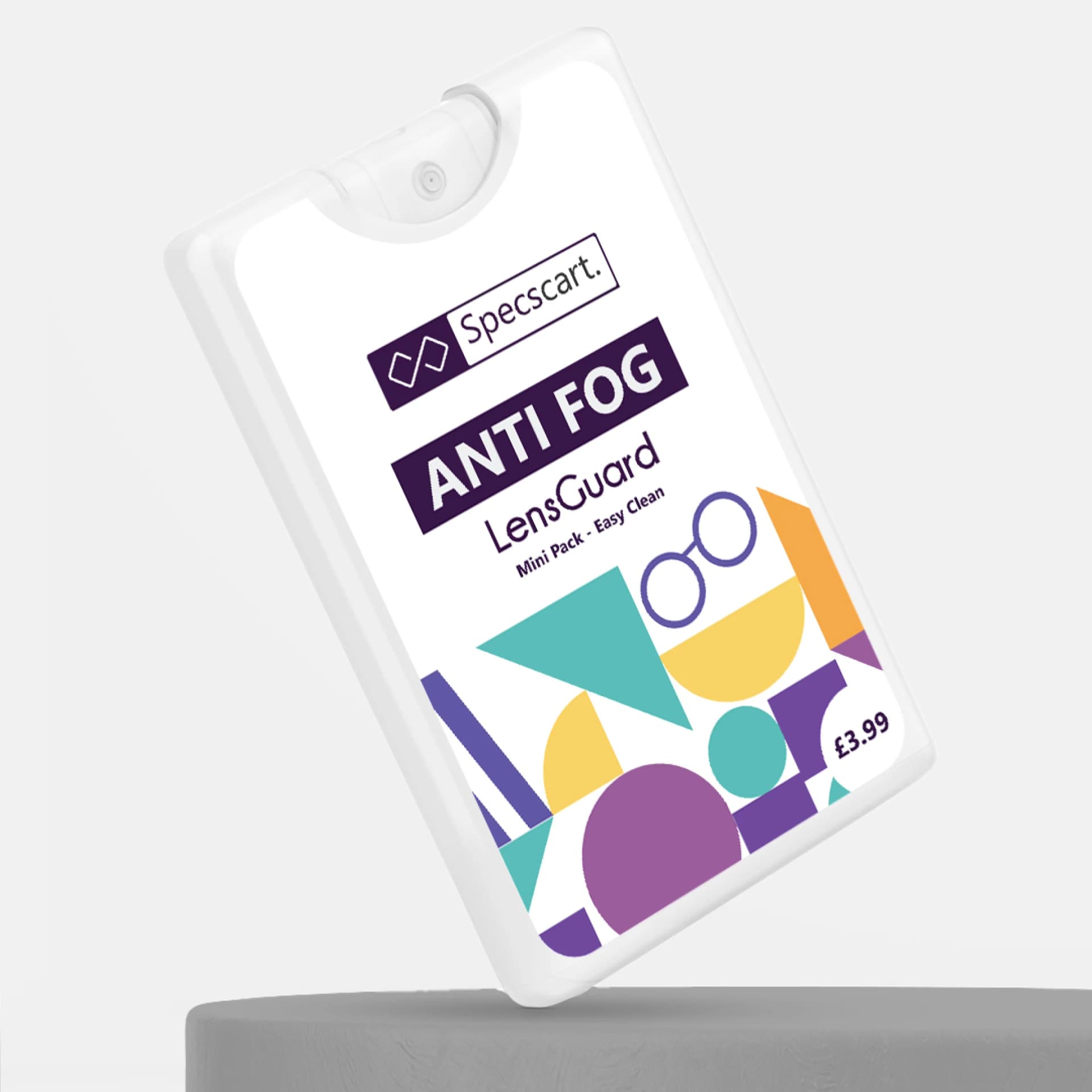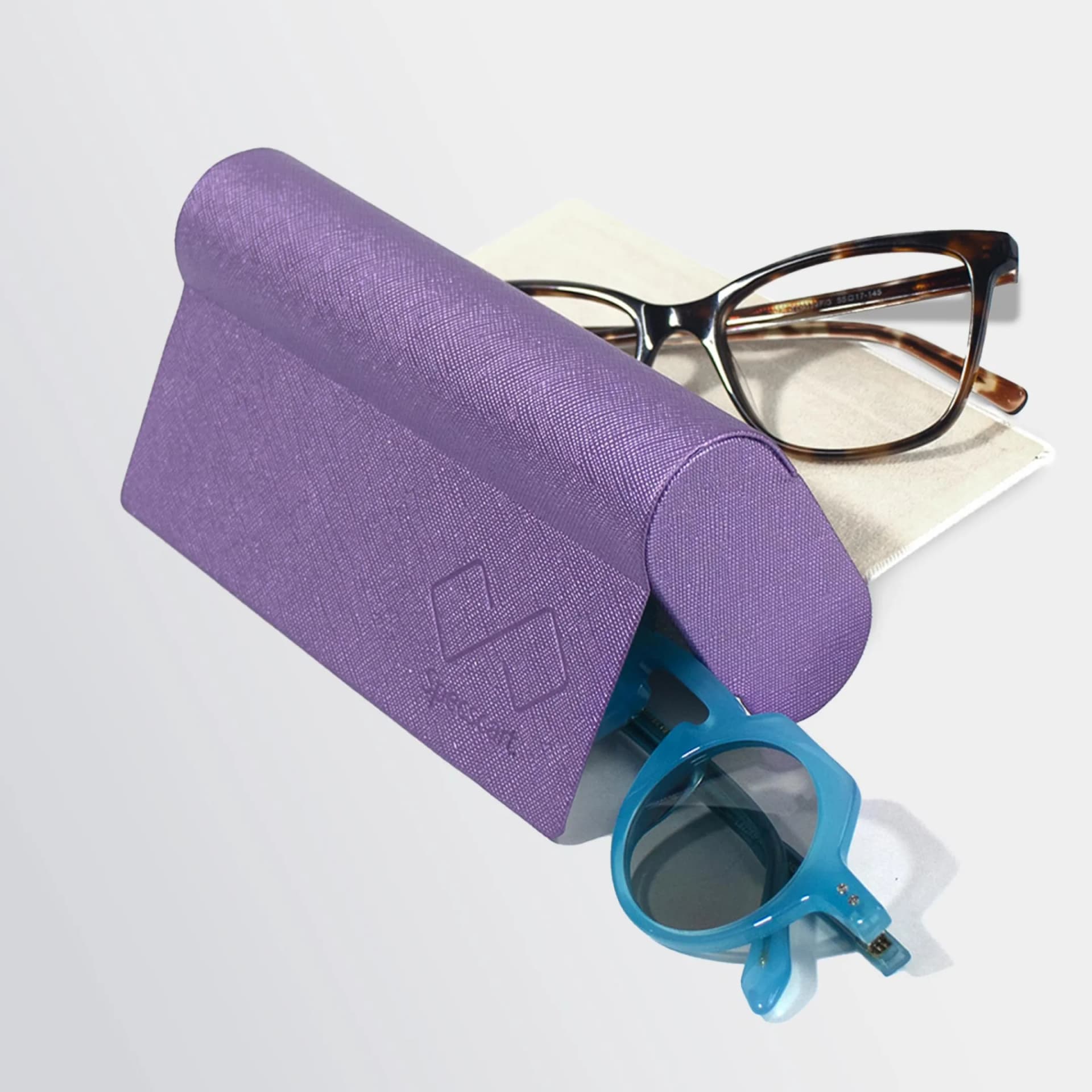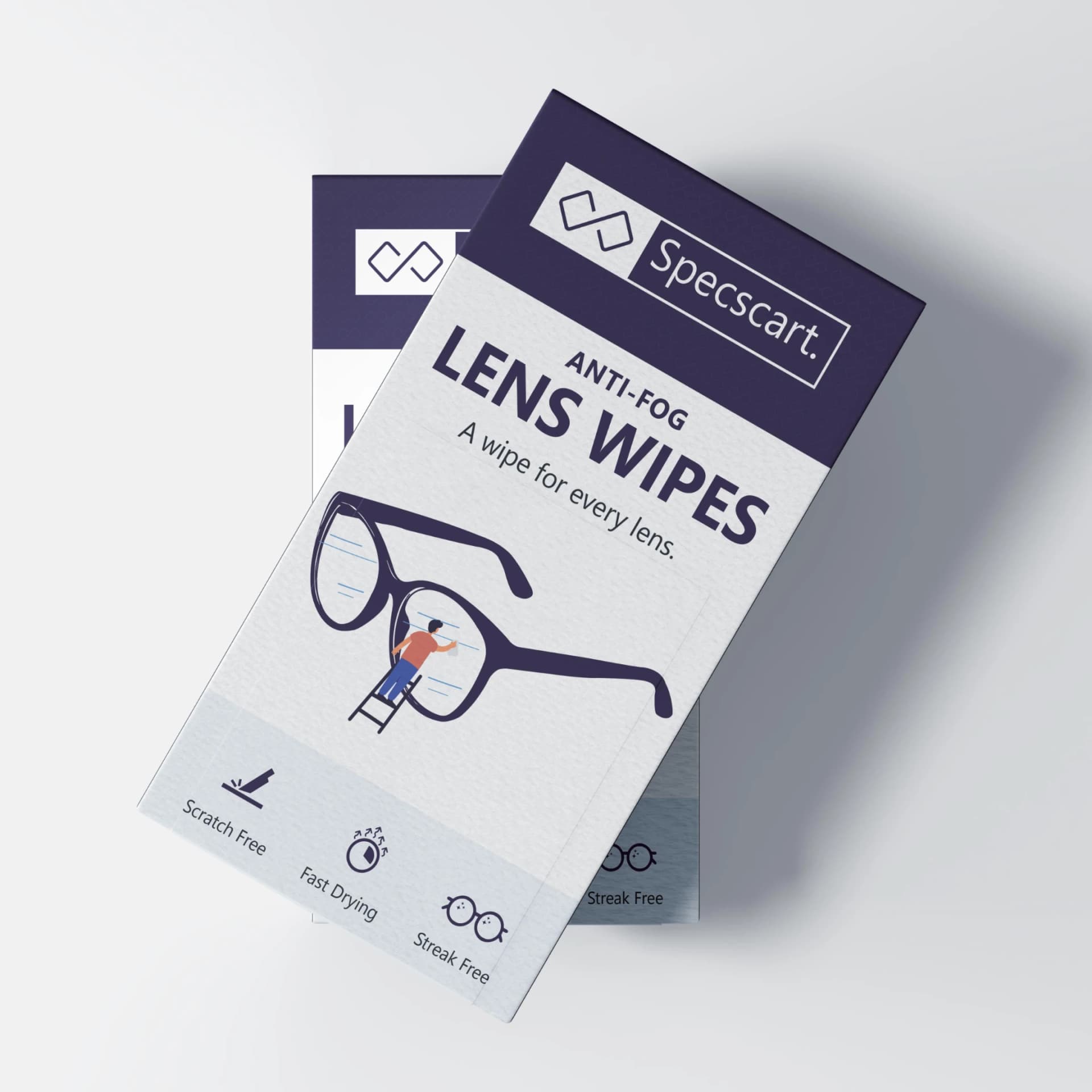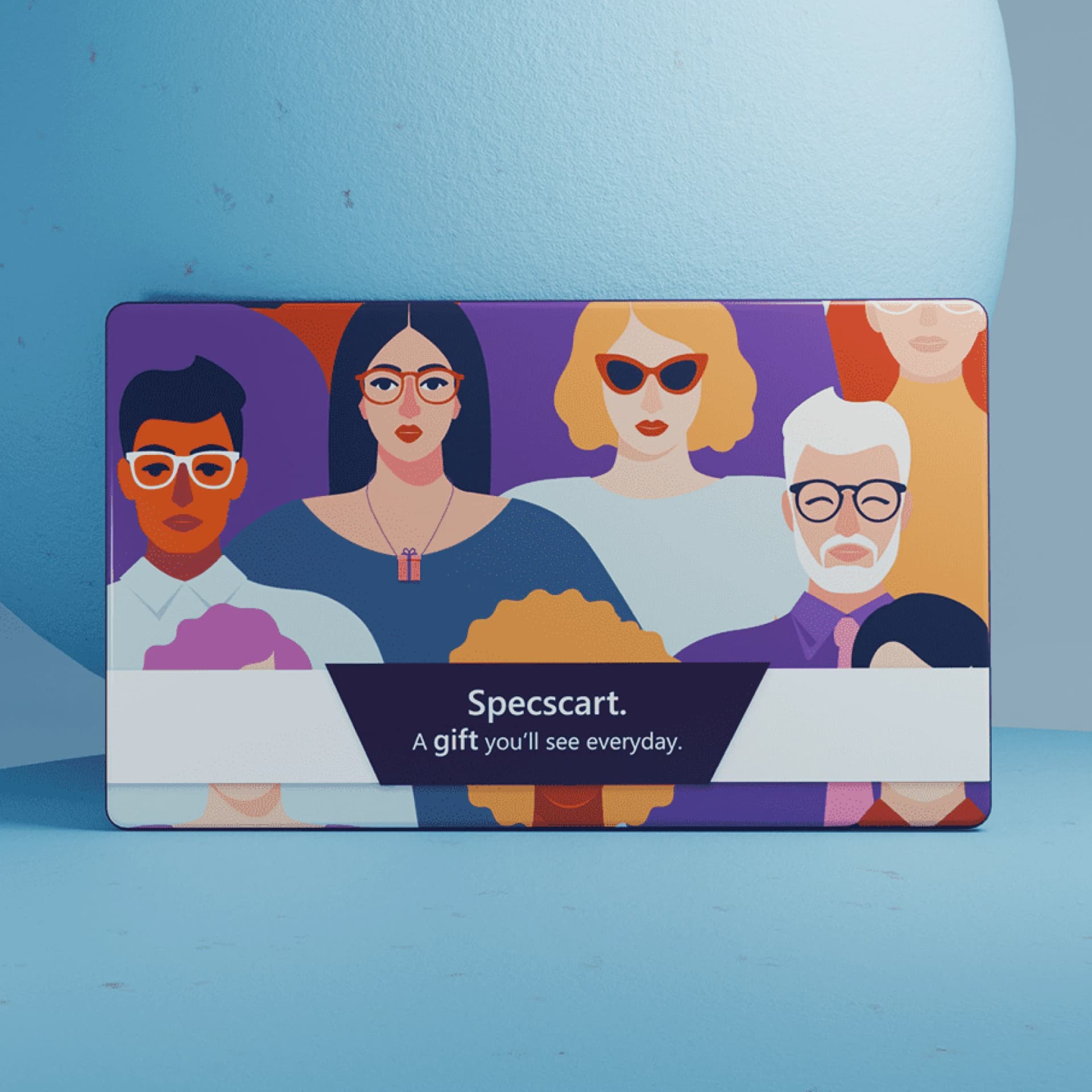Technology has taken us places. It has profoundly impacted our lives across all aspects. The hesitation that existed in the initial stages - with regards to its adoption - has also diminished significantly, as more and more people come to terms with the potential of technology to make our lives more simple and convenient.
If we talk about the influence of technology on the healthcare sector, the benefits have been manifold. From facilitative services like teleconsultation and telemedicine to wearable devices like biosensors and fitness trackers, healthcare has not only become more accessible but also more adaptable.
One such wearable product that has caught the eyes of medical experts is the futuristic light therapy glasses. Light therapy – as the name suggests – is a treatment procedure for various medical conditions, by using light. The treatment is carried out by using devices like light therapy boxes, light therapy lamps, and intriguing light therapy glasses.
When talking about light therapy glasses, a common question arises: whether they work. Yes, light therapy glasses work and are used for many health conditions, ranging from insomnia to seasonal affective disorder (SAD). We will discuss the working of these glasses in detail in this blog. Before that, let’s understand what light therapy glasses are.
What are Light Therapy Glasses?
Light therapy glasses cast blue light over the eyes and the surrounding areas. Blue light is all around us. The natural source is the sun, whereas artificial sources include fluorescent lamps and digital screens, among others.
Blue light - in the right amount - is important for the functioning of our body. Here, the role of blue light therapy glasses comes in. However, if you do have a significant blue light exposure, don’t forget to get your pair of blue light-blocking glasses as excess artificial blue light exposure can cause digital eye strain. Wondering how to figure out whether you need blue light-blocking glasses or not? Read the signs at a glance. In situations where our circadian rhythm (natural sleep-wake cycle of our body) is misaligned or during winters, when our exposure to blue light naturally gets limited, light therapy glasses can be used to make up for our daily requirements of blue light.
Do Light Therapy Glasses Work?
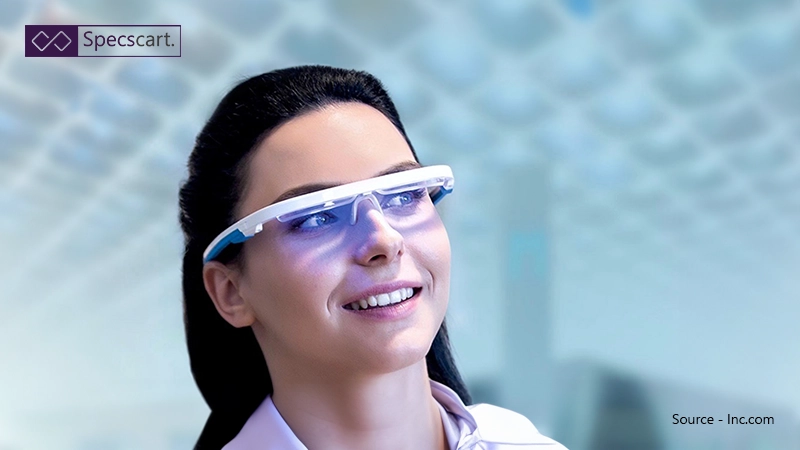
Yes, light therapy glasses work and have multiple uses. Here are the conditions where light therapy glasses are used.
- To treat seasonal affective disorder (SAD)
Seasonal affective disorder (SAD) is a condition that occurs seasonally, when there is a lack of availability of light, especially during winter months. It is associated with worsening mood, increased sleeping time, lack of will to socialise, etc. The National Institute of Mental Health (NIMH) lists light therapy as a potential treatment for SAD.
- Light therapy glasses for sleep - To deal with insomnia
Insomnia - a common sleep disorder - is a condition wherein one finds it hard to fall asleep. It occurs when our circadian rhythm is misaligned. Using light therapy glasses for sleep - early in the morning - can help deal with this condition.
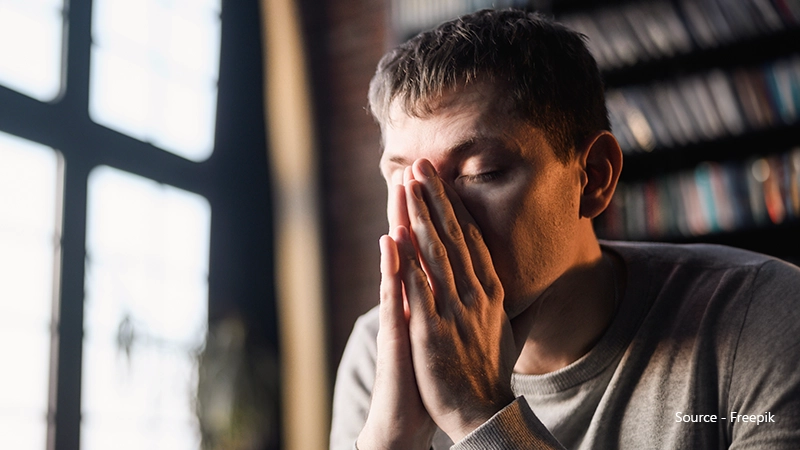
- To counter morning sleepiness
Not wanting to get out of bed or feeling dizzy even after gathering the strength to do so - all of us must have experienced this at some point in our lives. This condition is referred to as morning sleepiness, which occurs when the melatonin (hormone facilitating sleep) levels are high.
So do light therapy glasses work if one needs to deal with morning sleepiness? As pointed out by the NCBI, the blue light emitted from blue light therapy glasses is known to make us more alert and active, which is mainly achieved by blocking the release of melatonin. Whether you need light therapy glasses for sleep in the case of insomnia or need them to deal with morning sleepiness, they can prove to be effective in both of these cases.
- To deal with jet lag
In the modern-day lifestyle, jet travel is one of the most common causes behind the misalignment of our circadian rhythm. Adjusting our sleeping cycle, while constantly switching between different time zones, might get difficult. Light therapy glasses may be useful here - to align our circadian rhythm.
- For depression in teens
Depression in teens is a frequently occurring medical condition in present times. The following study especially conducted to check whether light therapy glasses can help deal with depression in teens showed positive results. Hence, light therapy glasses for depression may be a viable option.
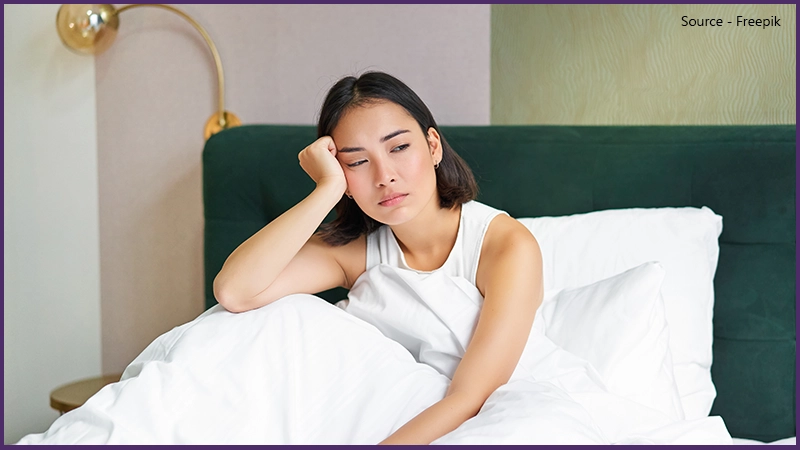
Why Light Therapy Glasses Over Other Light Therapy Devices?
Moving past the conventional light therapy boxes, light therapy glasses have found their way into the markets. The main advantage that they hold over other light therapy devices is that they are highly portable. These glasses make light therapy possible even while brushing your teeth, doing your laundry, or even preparing your breakfast. They can also be worn over your normal pair of glasses.
What are The Side Effects of Light Therapy?
For people using light therapy, it is rare to have side effects. According to the website of NHS, some people may experience:
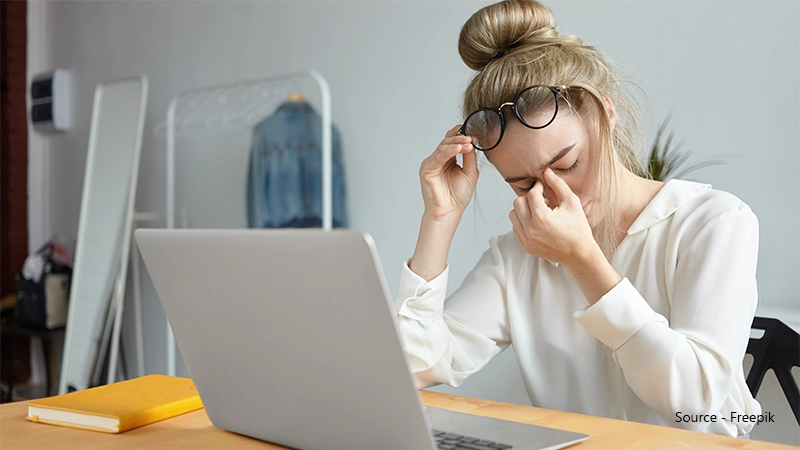
- Fatigue
- Eye strain
- Headache
- Irritability
- Sleeping problems (which can be prevented by avoiding light therapy during the evening)
- Changes to sight, including blurred vision
The above-mentioned side effects of light therapy are usually short-lived and mild. However, you should visit a medical practitioner if you experience any side effect that causes difficulty.
Are Light Therapy Glasses Safe?
Now that we have discussed two of the very common questions - what are light therapy glasses and do light therapy glasses work - it must be clear by now that light therapy glasses have multiple benefits to offer.
Although one can use light therapy glasses for the above-mentioned conditions, they are not the only way out. There are various other ways to deal with these conditions.
You can consider adopting healthy practices such as meditation, reading, or even hitting the gym. Doing so will not only reduce your dependence on light therapy glasses but also help you with mental and physical health.
Also, you need to be mindful of the fact that excessive blue light exposure during the fag end of your day - beyond sunset - can disturb your circadian rhythm. This means that using light therapy glasses at such times can actually cause more harm than good. However, if you do have a significant blue light exposure, don’t forget to get your pair of blue light-blocking glasses.
To conclude, we would like to state that light therapy glasses definitely have their benefits, but the focus should be on optimising their usage rather than being overdependent on them.
Caution: You may become style obsessed
Your way finder
2000+ Trendy Styles

Fashion Forward Sunnies
















